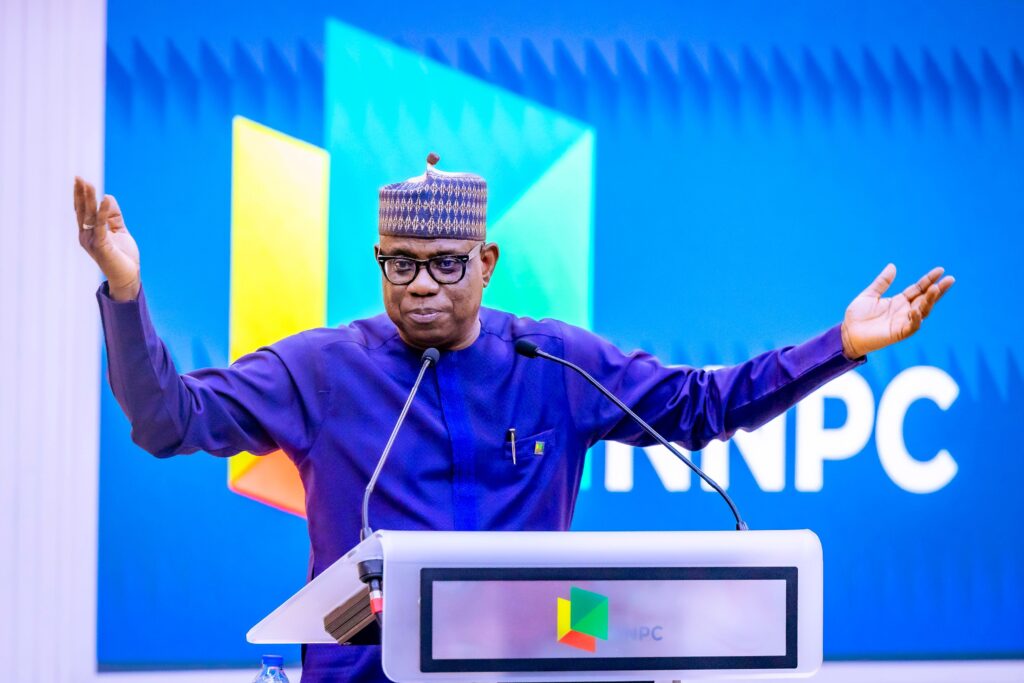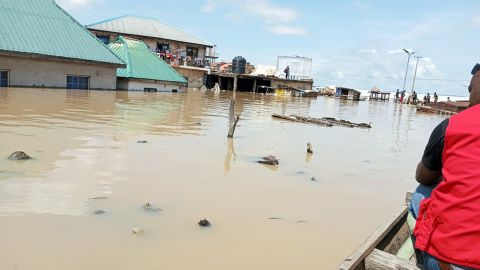
Nigeria has achieved full pipeline availability for the first time in 20 years, signalling a major boost for the country’s oil and gas sector and restoring investor confidence in its energy infrastructure, Nigerian National Petroleum Company Limited (NNPC Ltd.) said yesterday in Accra, Ghana.
Group Chief Executive Officer (GCEO) of NNPC Ltd, Bashir Bayo Ojulari, spoke at the seventh African Petroleum Producers’ Organisation (APPO) National Oil Companies CEOs Forum, where he called for greater African collaboration to accelerate the continent’s energy transition and secure its energy future.
Pipeline availability is critical to crude oil evacuation in the face of theft and vandalism. In July, the Nigerian Upstream Petroleum Regularly Commission (NUPRC) said the country’s oil production surpassed 1.8 million barrels per day (bpd), with current average output at 1.78 million bpd. Although that’s below the targeted two million barrels per day in the budget, it is a significant increase when compared with recent years.
Ojulari attributed the breakthrough to strengthened partnerships with host communities and security agencies, which have drastically reduced vandalism and crude oil theft, long-standing challenges that had previously undermined production and exports.
“Through our renewed security architecture and community engagement framework, Nigeria has achieved 100 per cent pipeline availability for the first time in two decades. This achievement restores confidence in the resilience of our energy infrastructure and sends a positive signal to investors,” Ojulari stated.
The NNPC chief outlined several infrastructure initiatives aimed at deepening energy access and boosting regional integration. Key among them is the Ajaokuta–Kaduna–Kano (AKK) Gas Pipeline, a flagship project designed to expand Nigeria’s gas network and drive industrial growth.
He also highlighted progress on the Nigeria–Morocco Gas Pipeline Project, which extends the existing West African Gas Pipeline (WAGP) network and will eventually connect Nigeria to Morocco, facilitating gas exports across multiple West African countries.
“When we started, we faced challenges with alignment, payments, and collaboration,” Ojulari said. “But today the framework is working. The plan is to extend the pipeline to Côte d’Ivoire as the first phase, and ultimately to Morocco.”
Ojulari underscored the urgency for Africa to take ownership of its energy policies, pointing to the declining European investment in fossil fuel infrastructure as refineries on the continent are expected to phase out by 2030.
“Africa must take ownership of its resources and policies. Our policies should be designed by us. With our vast resource base and improved governance structures, I am confident the continent can secure its energy destiny,” he asserted.
He also noted that the Petroleum Industry Act (PIA) has created a more attractive environment for investment across the oil and gas value chain, offering fiscal and regulatory clarity to both local and international stakeholders.




More Stories
2025 FLOODS: KOGI GOVERNMENT CALLS ON FEDERAL GOVERNMENT, INTERNATIONAL BODIES TO GIVE MORE ATTENTION
LIVE: Israel k**ls more than 60 Palestinians in war-devastated Gaza
Trump says TV networks opposed to him should ‘maybe’ lose licence